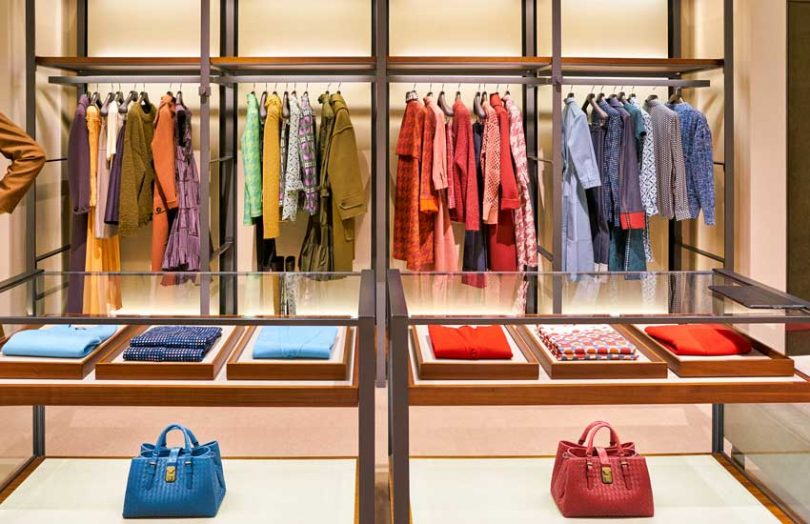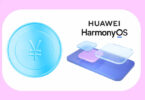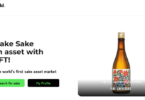Today a new platform for verifying the authenticity of luxury products using blockchain and IoT was launched by PwC, RFID solutions provider Temera, blockchain firm Luxochain and Italian IT services firm Var Group.
Called Virgo, the platform will track supply chains of luxury products from raw materials purchase to manufacturing and sale in the retail market.
In 2018 consultants Bain estimated the personal luxury goods market at €260 billion ($282 billion), worth €84 billion in Europe, €80 billion in the U.S. and €23 billion in China. According to the OECD counterfeits account for 5-9% of general global trade, resulting in almost $20 billion in counterfeit luxury goods annually. However, luxury goods could attract a higher proportion of counterfeits.
Article continues …

Want the full story? Pro subscribers get complete articles, exclusive industry analysis, and early access to legislative updates that keep you ahead of the competition. Join the professionals who are choosing deeper insights over surface level news.






